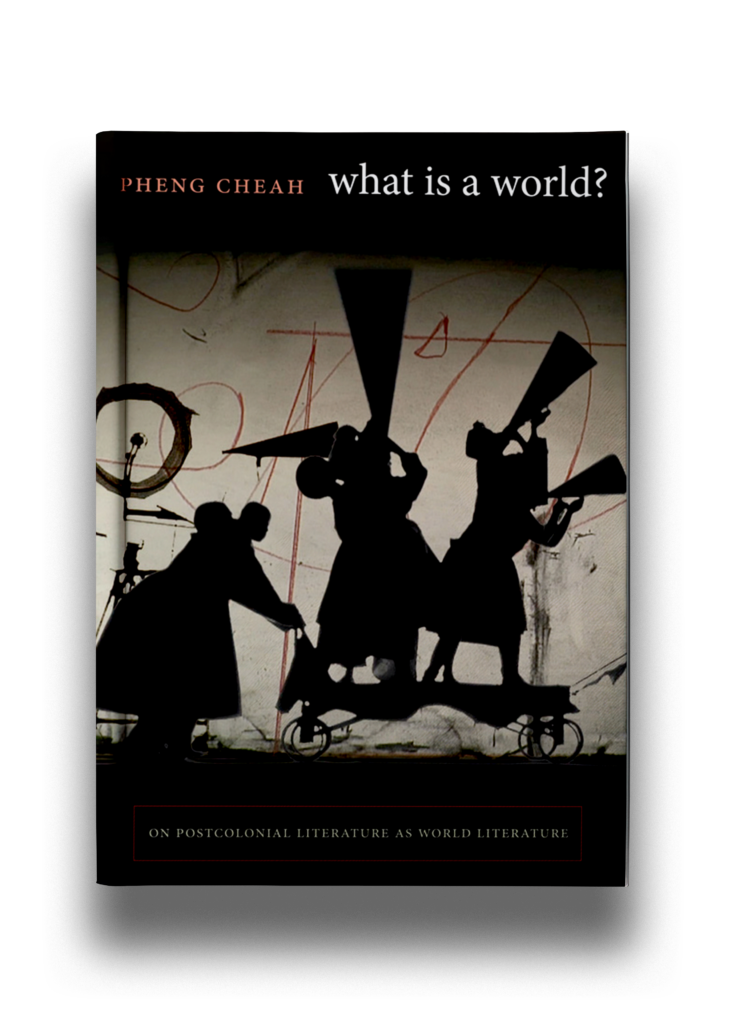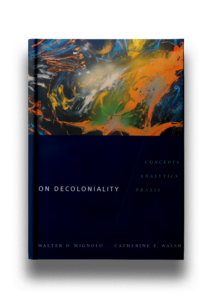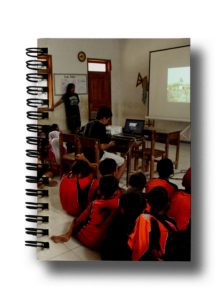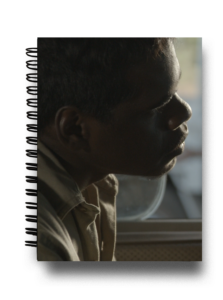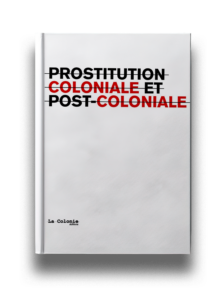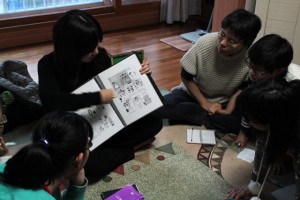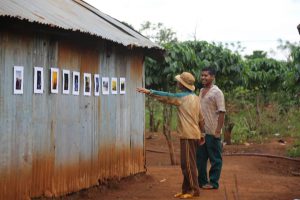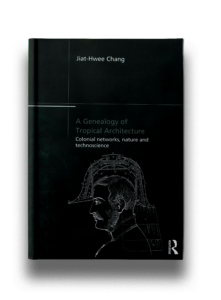Year
2016
Publisher
Duke University Press
Author
Pheng Cheah
Annotation
World literature is usually a generic and apolitical term for non-Euro-American literature, but in this book Pheng Cheah reconsiders this problematic and ‘normalized’ term and injects a political determination into rebuilding these new pluralistic ‘worlds’ through postcolonial literature. The author shows that the ‘reworlding’ of the world in postcolonial literature results in rebuilding and generating alternative space-time – cartographies and temporalities – to counter the hegemonic colonial narrative and capitalist globalisation. Through novels from the Caribbean, South Asia and the Philippines, various postcolonial sites and urgent issues are explored – from environmental movements, ecotourism and humanitarian aid, to military and economic neocolonialism.
Narawan Kyo Pathomvat
Understanding world literature in terms of literature's connection to worlding and the coming of time points to immanent resources for resisting capitalist globalization. Capitalist accumulation needs and takes time. Capital is augmented by rational technologies and calculations that appropriate and manage time for the maximal extraction of surplus value. But capital can neither give itself time nor destroy it and, moreover, does not want to destroy it. This means that an irreducible principle of real messianic hope is always structural to capitalist globalization. The persistence of time is infrastructural to capital and cannot be destroyed. As an enactment of the opening of worlds by the coming of time, world literature points to something that will always exceed and disrupt capital.
